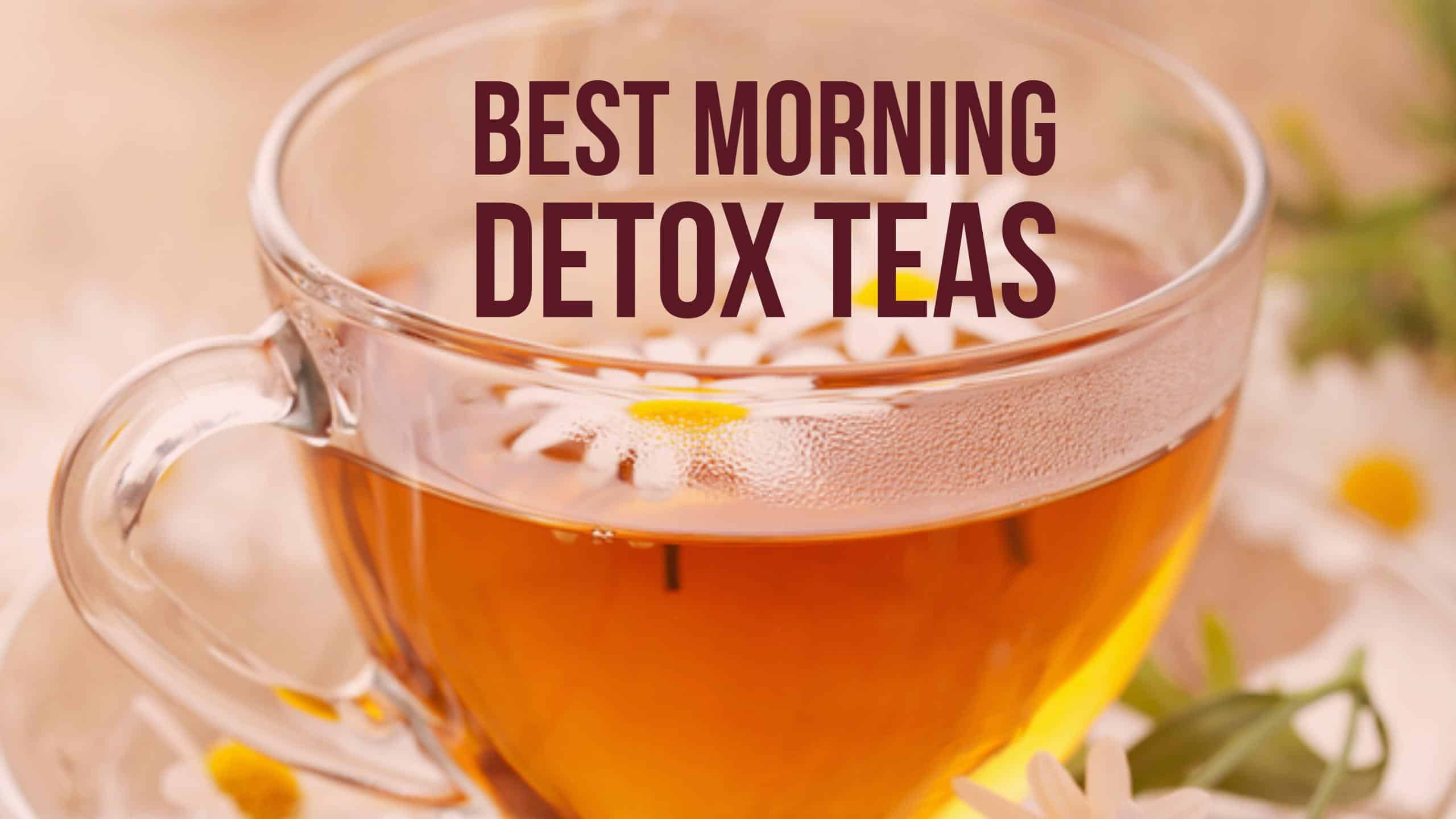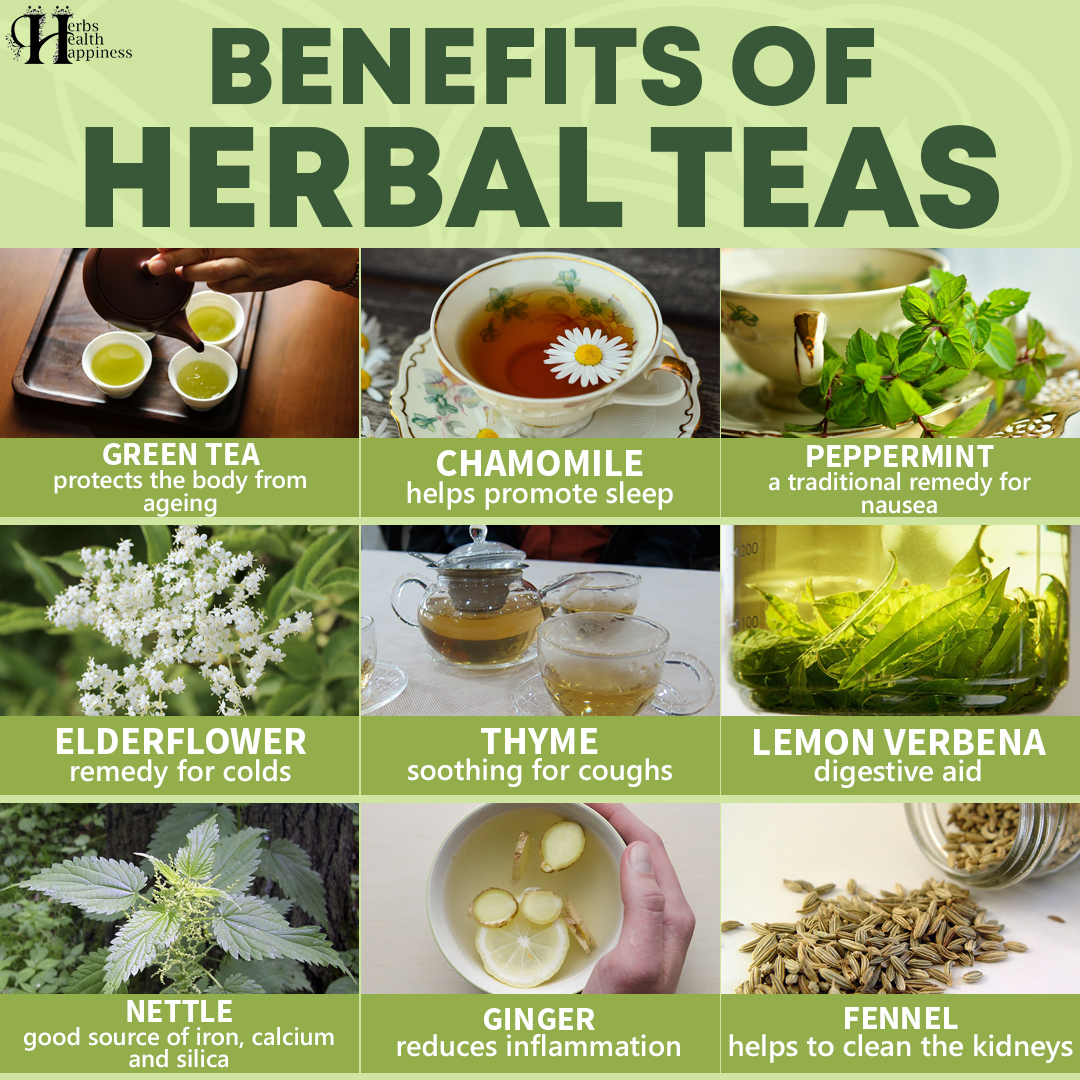Introduction to Herbal Teas and Detoxification

Our bodies are constantly working to eliminate toxins through natural processes like urination, bowel movements, and respiration. This natural detoxification is crucial for maintaining overall health and well-being. When these processes are overwhelmed by environmental factors, poor diet, or stress, the accumulation of toxins can lead to various health problems. Supporting the body’s natural detoxification pathways is therefore a key aspect of preventative health.
Herbal teas, with their rich blend of bioactive compounds, offer a gentle and supportive approach to enhancing the body’s natural detoxification mechanisms. These teas don’t magically remove toxins; instead, they work synergistically to promote healthy bodily functions that assist in elimination. For example, some herbal teas can support liver function, improve digestion, and increase diuresis (urine production), all of which contribute to efficient toxin removal.
Types of Herbal Teas Used for Detoxification
Many herbal teas are associated with detoxification properties. It’s important to remember that the effects vary depending on the individual and the specific herbs used. However, some commonly used teas include those made from dandelion root, milk thistle, burdock root, and ginger. Dandelion root, for instance, is known for its diuretic properties, helping to flush out excess water and waste products from the body. Milk thistle supports liver function, an essential organ in detoxification. Burdock root has traditionally been used to cleanse the blood, while ginger aids digestion and reduces inflammation. It is crucial to note that these effects are not scientifically proven for every individual, and results may vary. Always consult a healthcare professional before using herbal teas for medicinal purposes, especially if you have pre-existing health conditions or are taking medications.
Top Herbal Teas for Detoxification
Herbal teas, with their rich blend of natural compounds, offer a gentle yet effective way to support the body’s natural detoxification processes. Unlike harsh chemical-based cleanses, these teas work synergistically with your body’s systems to promote overall well-being. Remember that while these teas can be beneficial, they are not a replacement for a healthy diet and lifestyle.
Seven Herbal Teas with Detoxifying Properties
Several herbal teas stand out for their ability to support detoxification. Their benefits stem from a combination of antioxidant properties, diuretic effects, and liver-supporting compounds. It’s crucial to remember that individual responses can vary, and consulting a healthcare professional before incorporating new teas into your routine, especially if you have pre-existing health conditions, is always advisable.
| Tea Name | Key Benefits | Taste Profile | Potential Side Effects |
|---|---|---|---|
| Dandelion Root Tea | Acts as a diuretic, promoting fluid elimination; supports liver function; rich in antioxidants. | Slightly bitter, earthy | May cause diarrhea or upset stomach in some individuals; potential interaction with certain medications. |
| Burdock Root Tea | Known for its blood-cleansing properties; supports liver and kidney function; contains antioxidants. | Slightly sweet, earthy | May cause allergic reactions in sensitive individuals; potential interaction with blood thinners. |
| Milk Thistle Tea | Protects and supports liver health; rich in silymarin, a potent antioxidant; aids in liver regeneration. | Slightly bitter, slightly sweet | Generally well-tolerated, but may cause mild digestive upset in some. |
| Ginger Tea | Anti-inflammatory properties; aids digestion; supports detoxification through improved gut health; rich in antioxidants. | Spicy, warm, slightly sweet | May cause heartburn or upset stomach in some; potential interaction with blood thinners. |
| Lemon Balm Tea | Mild diuretic; supports immune function; possesses antioxidant properties; may help reduce stress. | Citrusy, slightly lemony, refreshing | Generally well-tolerated; may interact with thyroid medication. |
| Nettle Tea | Acts as a diuretic; supports kidney function; rich in vitamins and minerals; aids in detoxification. | Slightly grassy, earthy | May interact with blood thinners or diuretics; potential for allergic reactions in some individuals. |
| Rooibos Tea | Rich in antioxidants; supports liver function; may help reduce inflammation; naturally caffeine-free. | Sweet, slightly nutty | Generally well-tolerated; rare instances of allergic reactions reported. |
How Herbal Teas Support Detoxification Processes: Best Herbal Teas For Detoxifying The Body Naturally

Herbal teas support detoxification through a variety of mechanisms, primarily by assisting the liver’s function and promoting the elimination of waste products from the body. This is achieved through a combination of actions, including antioxidant properties, diuretic effects, and the stimulation of natural bodily processes.
Many herbal teas contain compounds that work synergistically to support the body’s natural detoxification pathways. These pathways, primarily centered in the liver and kidneys, are responsible for filtering and removing toxins. By supporting these organs, herbal teas can help the body more efficiently process and eliminate harmful substances.
Liver Function and Toxin Elimination
The liver plays a crucial role in detoxification, acting as the body’s primary filter. It processes toxins, converting them into less harmful substances that can be easily excreted. Some herbal teas contain compounds that support liver function by stimulating the production of enzymes involved in detoxification. For instance, milk thistle, a common ingredient in liver-supporting teas, contains silymarin, which has been shown to protect liver cells from damage and promote regeneration. This protective effect helps the liver function optimally, enhancing its ability to filter and eliminate toxins. Furthermore, some herbal teas may aid in the production of bile, which is essential for fat digestion and the elimination of waste products from the body.
Antioxidant Activity and Free Radical Neutralization, Best herbal teas for detoxifying the body naturally
Free radicals are unstable molecules that can damage cells and contribute to various health problems. Many herbal teas are rich in antioxidants, which are compounds that neutralize free radicals, protecting cells from oxidative stress. Antioxidants found in herbal teas, such as those in green tea (catechins) and chamomile (flavonoids), can help prevent cellular damage caused by free radicals, thereby contributing to overall detoxification and supporting the body’s natural defense mechanisms. This protection reduces the burden on the detoxification system, allowing it to focus on eliminating other toxins more efficiently. For example, studies have shown that the antioxidants in green tea can help protect against liver damage caused by alcohol and other toxins.
Diuretic Effects and Waste Product Removal
Several herbal teas have diuretic properties, meaning they increase urine production. This increased urine output helps to flush out excess water and waste products from the body, contributing to detoxification. Herbal teas with diuretic effects, such as dandelion root and hibiscus, can help remove excess sodium and other waste products from the bloodstream, thereby reducing the overall toxic load on the body. This diuretic effect is a simple yet effective way to support the body’s natural cleansing processes. It’s important to note, however, that excessive fluid loss can be detrimental, so it’s crucial to maintain adequate hydration when consuming diuretic teas.
Considerations and Precautions
While herbal teas offer potential health benefits, it’s crucial to understand that they are not a substitute for medical treatment and can interact with certain medications or health conditions. Always approach herbal remedies with caution and prioritize informed decision-making. This section will Artikel important considerations and precautions to ensure safe and effective use.
It’s essential to remember that herbal teas, while natural, can still have potent effects on the body. Individual responses vary, and what works for one person may not be suitable for another. Therefore, responsible usage and awareness of potential risks are paramount.
Potential Contraindications and Drug Interactions
Several herbal teas commonly used for detoxification may interact negatively with certain medications or worsen pre-existing health conditions. For example, dandelion root tea, while known for its diuretic properties, can interfere with some blood pressure medications. Similarly, milk thistle, often used to support liver health, may interact with medications metabolized by the liver. These interactions can range from mild discomfort to serious health complications. Specific interactions vary depending on the herbal tea and the medication involved. Always consult a healthcare professional or pharmacist before combining herbal teas with prescription or over-the-counter medications.
Importance of Consulting a Healthcare Professional
Before incorporating detoxifying herbal teas into your routine, particularly if you have pre-existing health conditions such as liver or kidney disease, diabetes, or heart conditions, it’s crucial to seek advice from a healthcare professional. They can assess your individual health status, consider any potential interactions with your medications, and determine if herbal teas are appropriate for you. This consultation is particularly important for pregnant or breastfeeding women, children, and individuals taking other medications. Ignoring this precaution can lead to unforeseen and potentially harmful consequences.
Precautions When Using Detoxifying Herbal Teas
It’s vital to observe certain precautions when using detoxifying herbal teas to maximize their benefits and minimize any risks.
- Start with small amounts and observe how your body reacts. Gradually increase the quantity if tolerated well.
- Ensure the tea is sourced from a reputable supplier to guarantee quality and purity. Avoid teas that contain pesticides or heavy metals.
- Drink plenty of water alongside herbal teas to support detoxification processes and prevent dehydration.
- Avoid excessive consumption of detoxifying teas, as this can lead to an imbalance of electrolytes or other adverse effects.
- Pay attention to your body’s signals. If you experience any adverse reactions such as nausea, diarrhea, or allergic reactions, discontinue use immediately and consult a doctor.
- Do not rely solely on detoxifying herbal teas to address underlying health issues. They should be considered a supportive measure, not a replacement for medical treatment.
Illustrative Examples of Herbal Tea Usage

Let’s bring the benefits of detoxifying herbal teas to life with some vivid examples. Visualizing the process and the ingredients can enhance your understanding and appreciation of their potential.
Imagine a tranquil scene: soft sunlight streams through a large window, illuminating a cozy corner. A person, dressed in comfortable clothing, sits in a plush armchair, a steaming mug cradled in their hands. The mug, a warm terracotta color, is filled with a golden-amber infusion. The aroma, a delicate blend of chamomile’s sweet apple notes and lemongrass’s bright citrusy fragrance, fills the air, creating a sense of calm and well-being. Steam rises gently from the surface, carrying with it the subtle scent of ginger, adding a spicy warmth to the overall aroma. The person takes a slow, deliberate sip, savoring the smooth, slightly sweet, and subtly tart taste. The liquid’s texture is comforting, almost velvety. The overall experience is one of deep relaxation and peaceful rejuvenation.
A Visual Representation of Detoxifying Herbal Tea Preparation and Consumption
The scene depicts a holistic approach to well-being. The warm colors—the terracotta mug, the golden tea, the soft lighting—create a feeling of comfort and security. The slow, mindful sipping of the tea suggests a deliberate act of self-care. The aroma, a carefully balanced blend of herbal notes, is a key element, enhancing the sensory experience and contributing to the overall feeling of tranquility. The texture of the tea, smooth and comforting, adds another layer to the experience. This visual representation underscores the importance of creating a calming and relaxing environment when enjoying herbal teas for detoxification.
Visual Representation of Detoxifying Herbs
Now, let’s visualize the herbs themselves. Imagine a small bowl overflowing with a vibrant mix of dried herbs. There are fluffy, pale yellow chamomile flowers, their delicate petals slightly curled. Next to them are long, slender pieces of lemongrass, a pale green-yellow with a slightly grassy aroma. Scattered amongst these are small, dark brown pieces of ginger root, their rough texture evident. A few bright green leaves of peppermint are visible, their minty fragrance hinting at their invigorating properties. The overall impression is one of natural abundance and the potent healing properties of these carefully selected herbs. Each herb contributes its unique visual and aromatic characteristics to the blend, creating a visually appealing and aromatic concoction that promises both physical and mental rejuvenation.